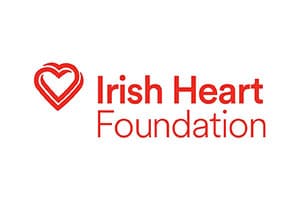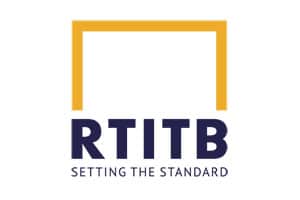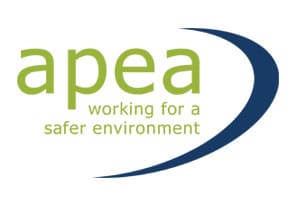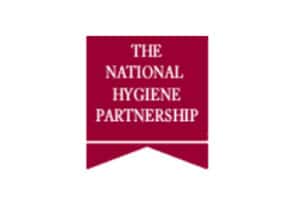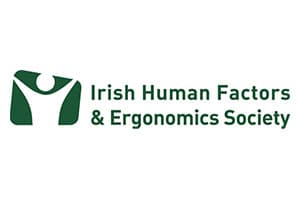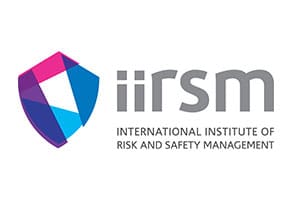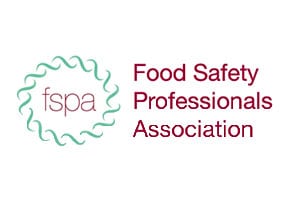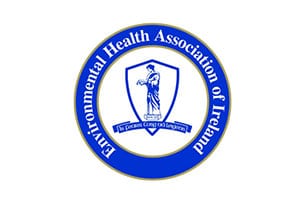Every second counts when someone collapses from sudden cardiac arrest (SCA). Whether at work, at home, or in public, knowing how to perform CPR and use a defibrillator can mean the difference between life and death. This month, Safety Matters is raising awareness of the importance of CPR and defibrillator training — life-saving skills that everyone should have.
Why CPR and AED Training Is Essential
Sudden cardiac arrest can affect anyone — young or old, fit or seemingly healthy. In Ireland, approximately 3,000 people experience out-of-hospital cardiac arrests (OHCAs) each year, yet the national survival rate remains low at just 5.8%. These numbers can be improved significantly with swift bystander intervention.
- Individuals who received defibrillation from a bystander had a 30% survival rate, compared to just 1% for those who did not.
- Every minute without CPR reduces the chance of survival by 7–10%.
- When CPR is administered immediately and an AED is used within 3–5 minutes, survival rates can reach 50–70%.
These figures highlight how powerful trained bystanders can be in an emergency. The difference isn’t always medical equipment — it’s knowledge and action.
Ireland’s Progress and Commitment
Ireland currently has one of the highest rates of bystander CPR in Europe, with 84% of witnessed cardiac arrests receiving CPR from the public. This growing culture of readiness is a testament to national training initiatives and public awareness campaigns. Still, there’s room for improvement — particularly around the accessibility and use of AEDs. Only 6.8% of cardiac arrest victims receive defibrillation from bystanders.
This is why Safety Matters is passionate about providing CPR and AED training courses — to help close this gap and build a safer, more prepared community.
The Chain of Survival: Every Link Matters
The Chain of Survival is a five-step process proven to increase the likelihood of surviving sudden cardiac arrest. These steps must happen quickly and in sequence:
- Early recognition and call for help – dial 112 or 999
- Early CPR – to maintain blood and oxygen flow
- Early defibrillation – restore normal heart rhythm using an AED
- Advanced life support – delivered by emergency responders
- Post-cardiac arrest care – provided in hospital and ICU settings
If any link is weak or delayed, the entire chain is compromised. Immediate CPR and early use of a defibrillator are among the most critical steps.
Protecting Young Lives: Cardiac Risk in the Young
While cardiac arrest is often associated with older adults, approximately 9% of all cardiac arrests in Ireland occur in individuals under the age of 35. Sudden cardiac death (SCD) in young people is often caused by undetected inherited heart conditions.
Organisations like Cardiac Risk in the Young (CRY) Ireland and the Dillon Quirke Foundation are working tirelessly to raise awareness, offer screening, and support families affected by SCD.
- CRY Ireland’s national screening programme has assessed over 300,000 young people, identifying more than 1,000 at-risk individuals.
- The Centre for Cardiovascular Risk in Younger Persons (CRYP) in Tallaght Hospital offers expert evaluations and ongoing care.
- Support services include clinical assessments, grief counselling, and a Family Support Programme.
Early detection through ECGs and specialist assessments can lead to interventions that may prevent tragic outcomes. If you’re a parent, coach, teacher, or youth leader, consider advocating for cardiac screening within your community.
How Safety Matters Can Support You
At Safety Matters, we provide certified CPR and AED training designed to give participants the hands-on confidence to act quickly and correctly in emergencies. Our programmes are suitable for individuals, schools, workplaces, and organisations of all sizes.
Training with us empowers people to:
- Recognise cardiac emergencies early
- Perform high-quality chest compressions and rescue breaths
- Use an AED safely and effectively
- Act decisively in those crucial first minutes
By learning these skills, you’re not only protecting your family and colleagues — you’re strengthening the Chain of Survival in your community.
Take Action Today
- Book a CPR and AED training course for your team or organisation.
- Advocate for access to AEDs in public spaces and workplaces.
- Encourage cardiac screening for young people in your network.
- Familiarise yourself with emergency numbers and AED locations.
To learn more or register for training, contact Safety Matters today.
For information on cardiac screening, family support services, or to get involved, visit:
Being trained could save a life. Don’t wait until it’s too late. Be prepared. Be ready. Act fast.
